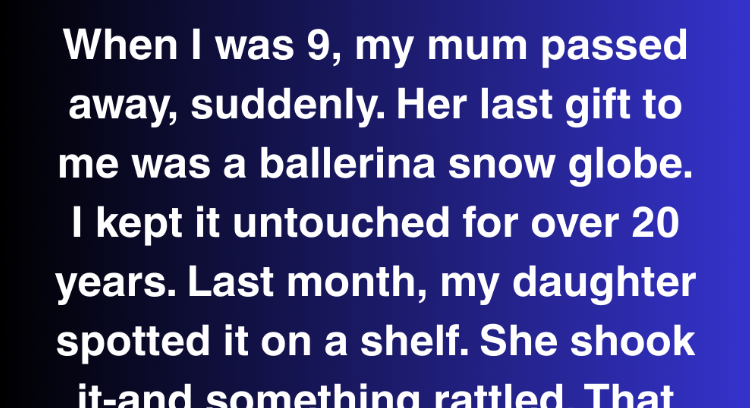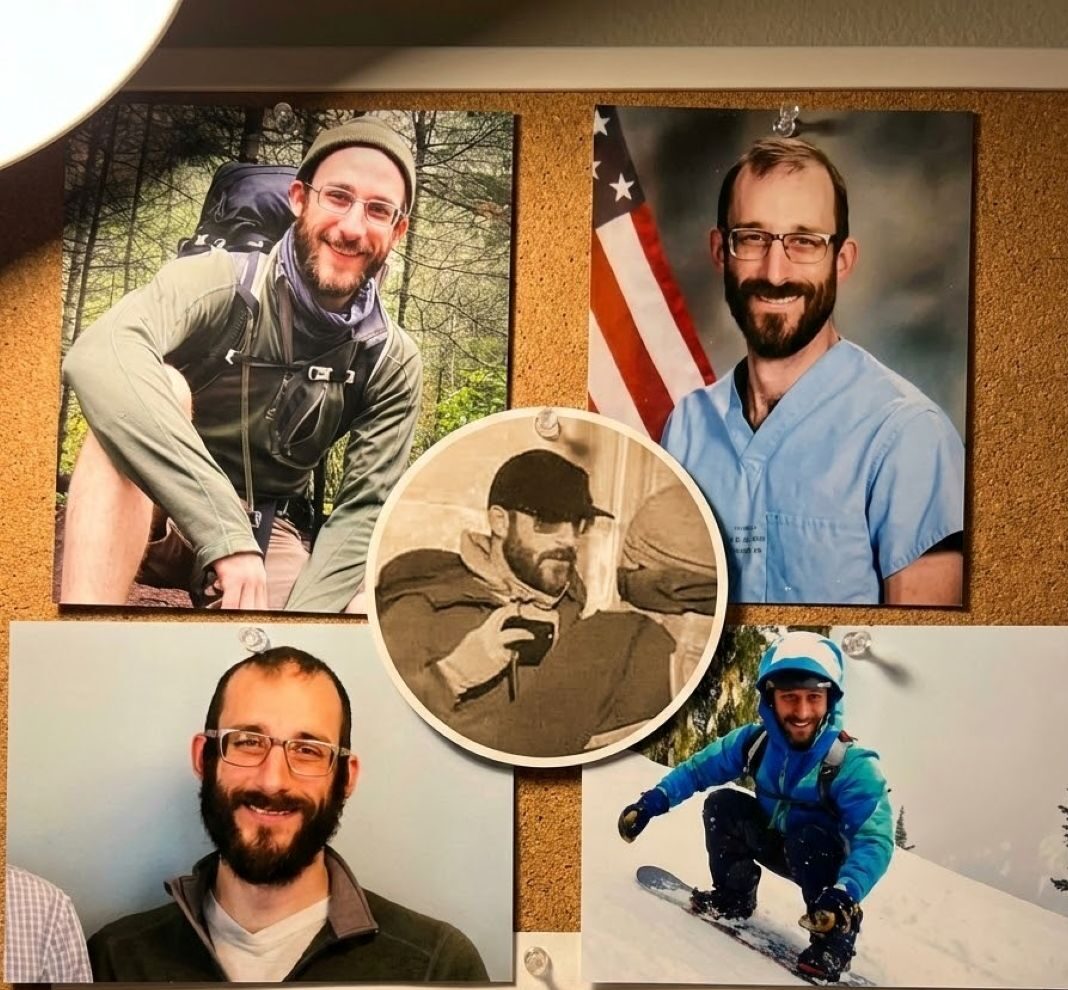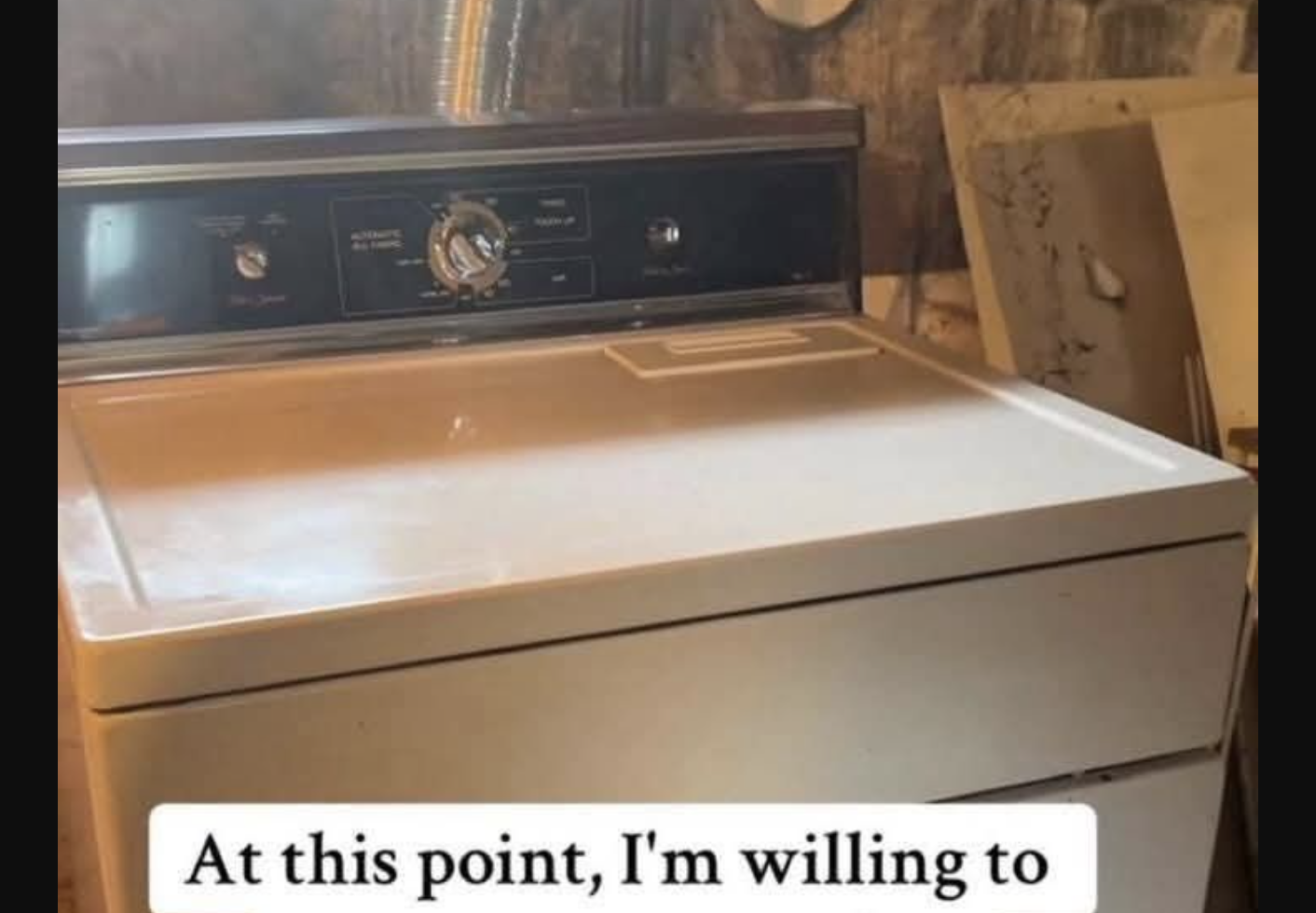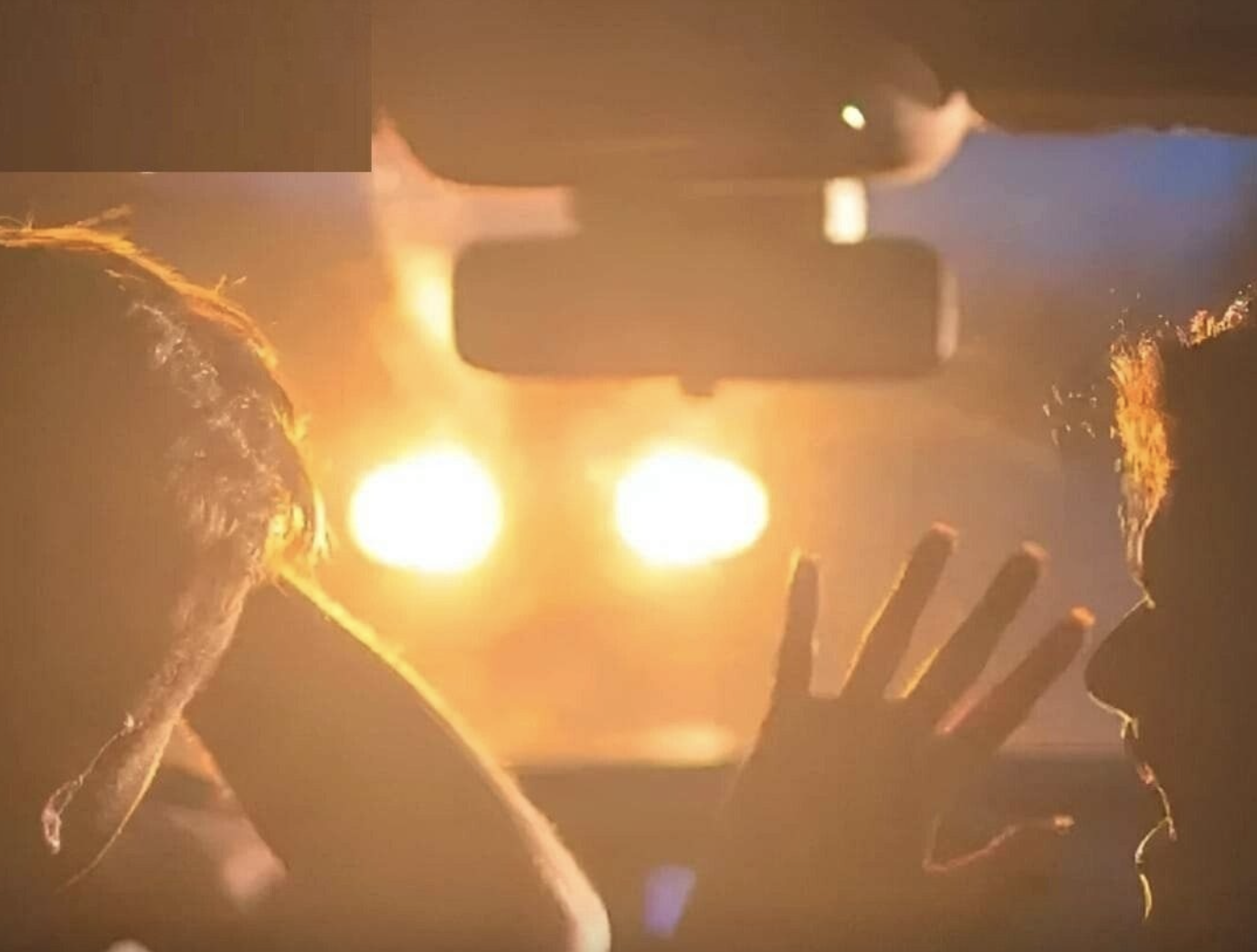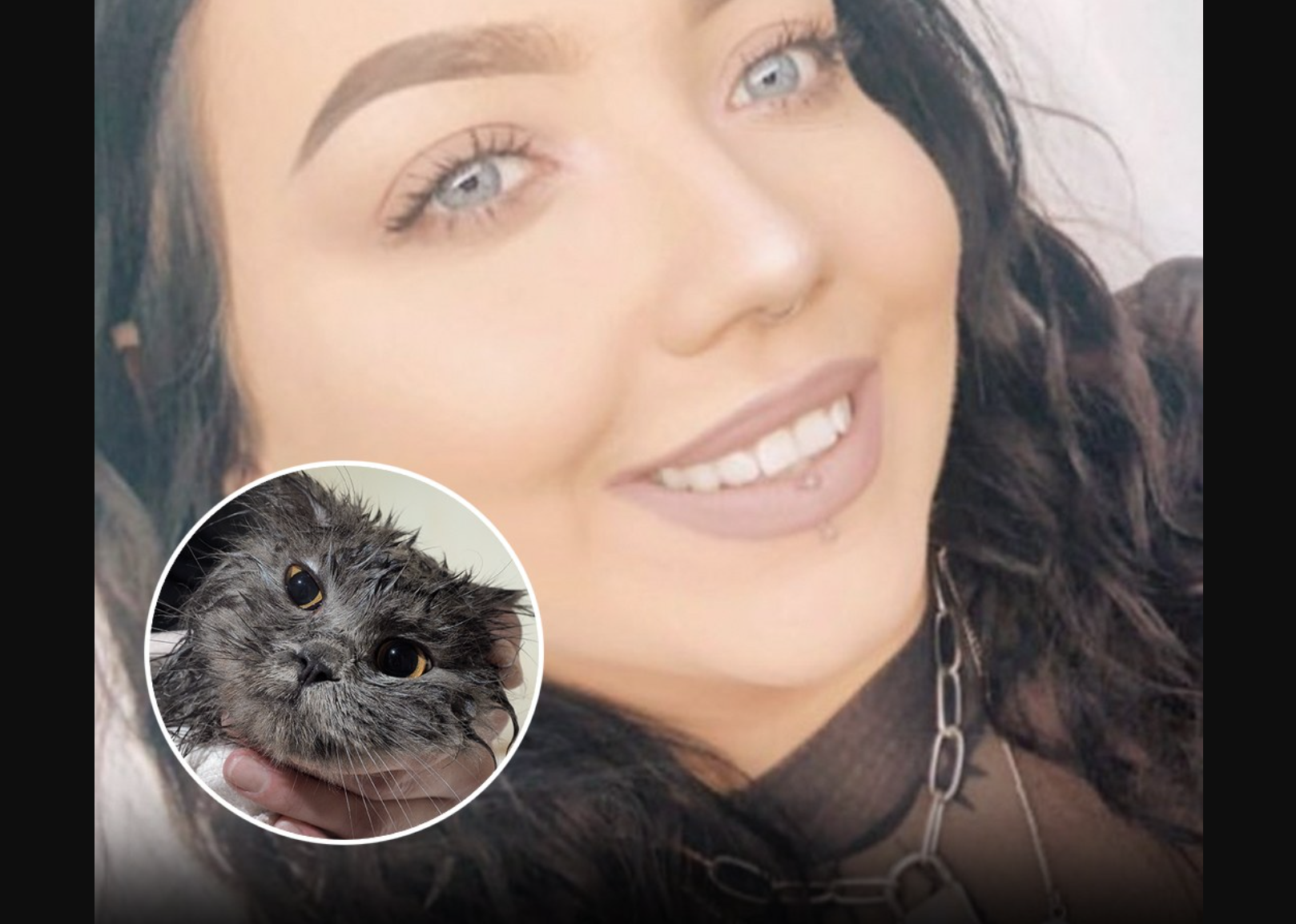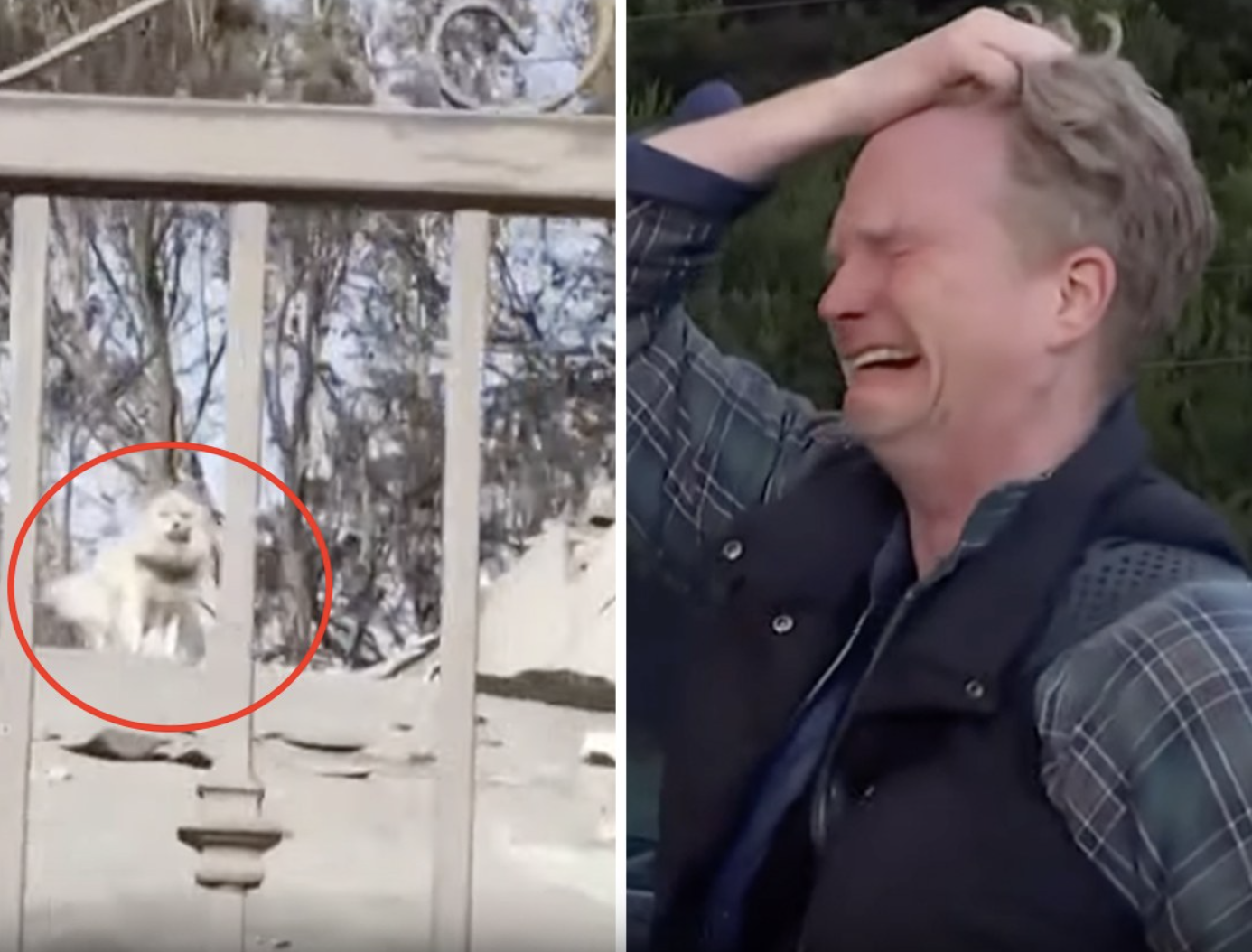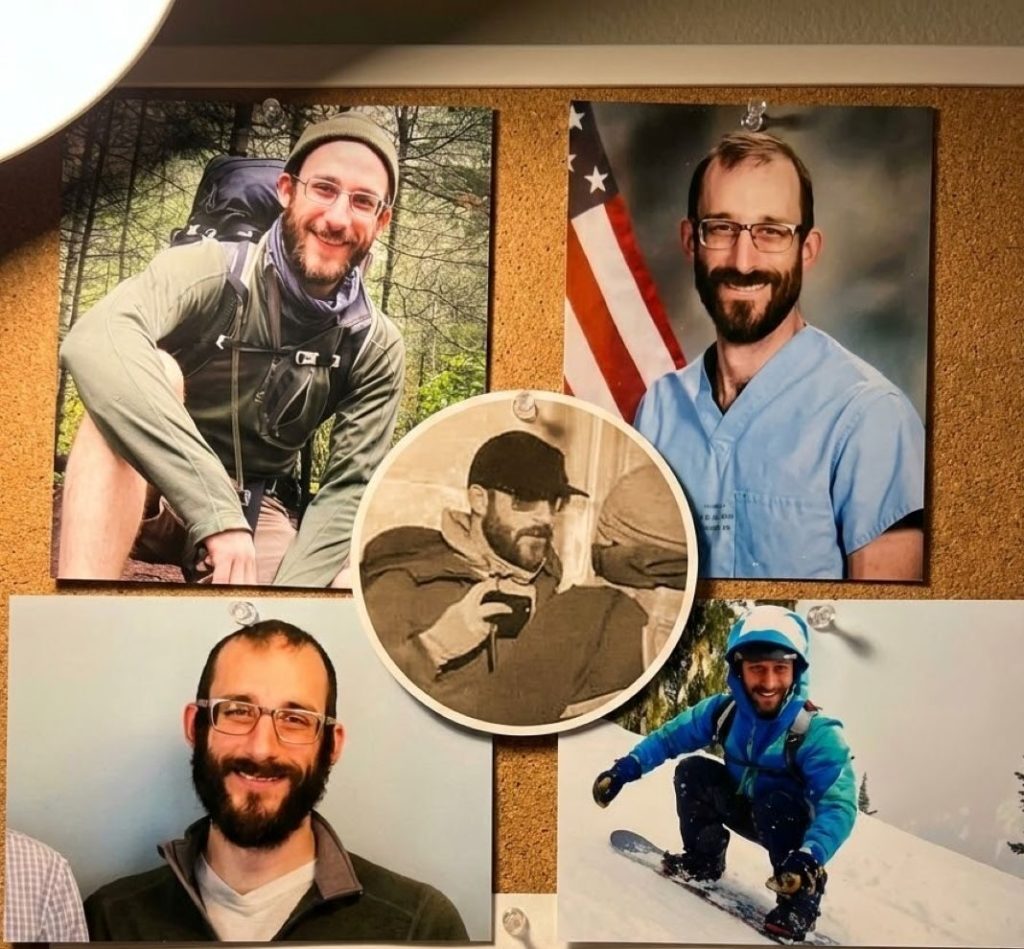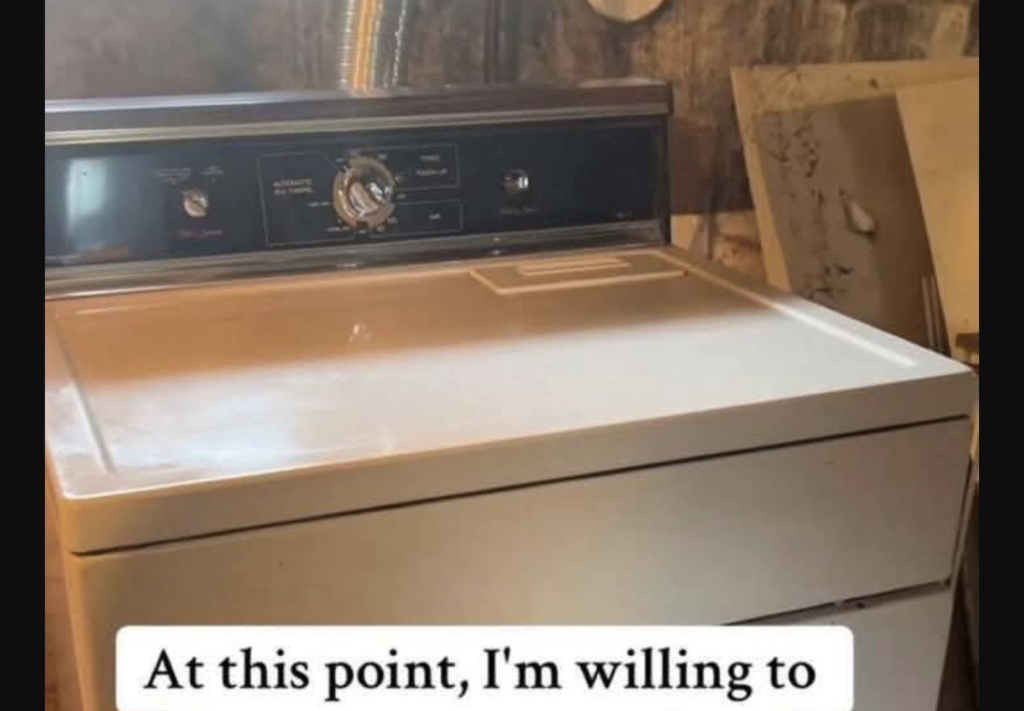When I was nine years old, my mother passed away unexpectedly. Her final gift to me was a delicate ballerina snow globe, which I preserved untouched for more than two decades. Last month, my daughter noticed it on a shelf. She gave it a gentle shake, and a peculiar rattle emerged from within, something I’d never heard before. Intrigued, I carefully opened the base and discovered a small roll of paper taped inside, its edges yellowed with time, bearing my mother’s familiar handwriting.
The note read: “For when you’re ready. Begin with your father’s old truck. Check behind the seat.”
My pulse quickened. I hadn’t seen that truck in years—it had been stored in my aunt Hira’s barn since my mother’s funeral. My father had left when I was young, and my memories of him were faint. My mother rarely spoke of him, even when I asked.
The following day, I took my daughter and drove two hours to Aunt Hira’s property. The truck was still there, blanketed in dust, its paint faded by the sun, tires deflated. As I opened the door, a musty scent of mice and mildew filled the air. My daughter scrunched her face in distaste.
Behind the seat, I found a small bundle wrapped in cloth. Inside were a collection of old letters, a cassette tape, and a delicate gold chain with a sapphire pendant I’d never seen before.
The letters were all written to my mother, penned by my father.
I read the first letter right there, sitting cross-legged on the truck’s worn leather seat while my daughter ran off to chase chickens in the yard. His handwriting was untidy but recognizable. He wrote about longing for us, his desire to return, and his hope to “make things right when the moment was perfect.”
The letters carried postmarks from months after he was supposed to have left us for good.
Confusion swirled within me. My mother had always said he deserted us when I was five, running off with a colleague and never looking back. Yet these letters painted a different picture. One mentioned a heated argument, a “terrible error,” and his decision to give her space.
Another revealed he’d tried to reach out, only to find she’d changed her phone number.
The most recent letter, dated just two weeks before her death, mentioned he was planning to visit us, bringing something “she’d never anticipate.”
My hands trembled as I held the paper.
Aunt Hira came outside, wiping her hands on her apron. I showed her the letters. She averted her gaze for a long moment before saying, “Your mother was in pain. Her choices weren’t always the wisest.”
I asked directly—had my mother kept my father away?
With a heavy sigh, she nodded. “She feared he’d take you from her. That you’d love him more. After what she believed he did, forgiveness didn’t come easily.”
My world felt unsteady, as if everything I’d believed for twenty years had shifted beneath me.
I took the letters and cassette tape home. That evening, after my daughter was asleep, I bought an old tape recorder from a local thrift shop and played the tape in my bedroom.
It was my father’s voice. He was singing a lullaby I didn’t know, his voice breaking partway through. Then he spoke, “For my little Zahra, so you know I never stopped loving you.”
Tears overwhelmed me, stealing my breath.
The next morning, I began searching. I scoured old records and contacted past acquaintances. After days of dead ends, I learned my father had passed away twelve years earlier from liver failure, with no known relatives.
But I couldn’t stop there.
I located the hospital where he’d been. I called and explained who I was. The nurse hesitated at first, then said, “Hold on… you’re Zahra?”
My heart sank.
“He spoke of you every day,” she said. “Kept a photo by his bed. Said you loved dancing.”
She mentioned he’d left a box of belongings meant for “his daughter,” but no one had ever claimed it.
I arranged for it to be sent to me.
When the package arrived, I opened it with shaking hands. Inside was another cassette, a few creased photos—one of me in a tutu on stage, another of him holding me as a baby, an image I’d never seen.
There was also a note: “I hope you uncover the truth. I hope you forgive her. Love, Dad.”
The second tape held a longer message. He spoke of being high school sweethearts with my mother, how things unraveled when she believed he’d been unfaithful, though he insisted he hadn’t. He admitted his faults—too many late nights at work, not enough attention to us. But he never stopped loving her or me.
He tried to return, but she shut him out. He respected her boundaries until he learned she’d told me he’d abandoned us. That shattered him. He wanted to set things right but didn’t want to cause me more pain.
So he waited. Too long.
I spent days grappling with it all.
The mother I’d adored for years had deceived me. Yet I understood her reasons—she was frightened, proud, perhaps heartbroken. Grief can make people protective in ways that hurt others. And my father? Not a villain, but a man excluded from his daughter’s life, unable to reverse time.
One evening, I sat with my six-year-old daughter and shared the story. She listened, eyes wide.
“So you had two parents who loved you, even if it was complicated?” she asked.
I laughed through tears. “Yes, I suppose I did.”
The story continued.
A week later, I visited my mother’s grave with my daughter. I brought the snow globe, letters, and tapes. I spoke to her as if she could hear, telling her I loved her but wished she’d told me the truth.
I buried the box beside her headstone, letting go of the secrets.
Months passed, and life settled back into routine. I started dancing again, just for joy, in the living room. My daughter joined me, and it felt like completing a cycle.
Then, one day, I received a call from a woman named Renata, my father’s cousin.
“I hope this isn’t too much,” she said, “but I’ve been keeping something for you.”
She lived two hours away. I visited the following weekend.
Renata’s home was cozy, filled with old photos and cat figurines. She embraced me warmly, as if we’d always known each other.
“He wanted you to have this,” she said, handing me a manila envelope.
Inside was his will. He’d left everything to me—some savings bonds, a rusty car, and a small lakeside plot where he’d camped as a child.
The next weekend, I took my daughter to the lake.
It was serene, with no cell service, just trees, water, and sky. Standing with my toes in the earth, I reflected on how much love can be buried beneath years of silence.
I decided to keep the land.
Now, every summer, my daughter and I return. We pitch a tent, roast marshmallows, and talk about everything and nothing.
When I shared the full story with her again, now that she’s older, she asked, “Do you think Grandma meant for you to find all this?”
I’ve thought about that often.
Perhaps she did. Maybe she knew the truth would reach me when I was ready to carry it. Maybe the snow globe was more than a trinket—perhaps it was her way of saying, “You’re ready now.”
Grief doesn’t move in predictable ways. Neither does love.
For years, I thought I’d been abandoned. But love was always there, hidden, waiting for me to uncover it.
If you’re holding onto a keepsake from someone you’ve lost, look closer. There might be a story waiting to be found.
